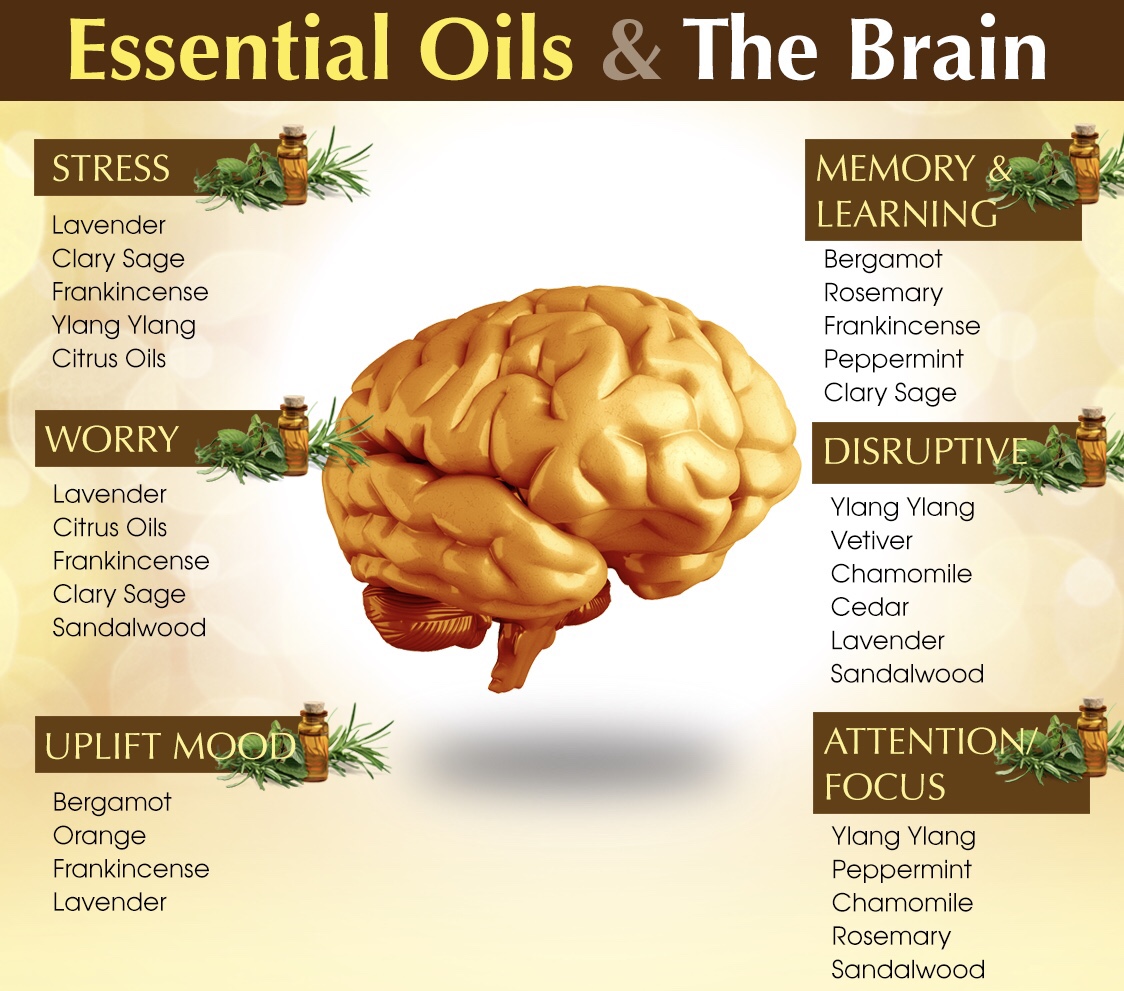The limbic system is the emotional control center of the brain. It processes your sense of smell and deals with three key functions, emotions, memories and arousal (stimulation).
Here is a quick vocab lesson:
Neuron: (also called neurone or nerve cell) is a cell that carries electrical impulses. Neurons are the basic units of the nervous system. There are up to 100 billion in the brain and they can send information from the brain to the rest of the body.
Neuropeptides: small protein like molecules used by neurons to communicate with each other. Neuropeptides stimulate hundreds of activities in the body including food intake, learning taste smell and memory.
Receptor: a cell usually a neuron which receives stimuli from neuropeptides.
Neurotransmitter: sends information between neurons, via a neuropeptide by crossing synapse. They are chemical messengers.
Now this is what happens in the brain. There is an outside stimulus of some sort (I call them circumstances) and the brain has a chain reaction that is set off quicker then we can realize- you have a thought, and that thought is actually converted into a neuropeptide that is sent to the cells in the body, literally changing the chemistry of every cell in you body and causing a physiological response based on the neuropeptides released. So in a very real way, your thinking becomes part of you on a cellular level. The different neuropeptides that are sent are what we feel as emotion in the body and the physiological response. Smell is so powerful because the olfactory bulb gives smells a direct passage into the limbic system, where they imprint with emotional responses we have to that outside stimuli. They become part of the memory of the thought/emotional response to a circumstance. The more we think a thought and have an emotional response, the more the memory, or neuropathway is strengthened in our brain.
That is why emotions can trigger such strong responses in us. Essential Oils, in my research, work different ways in the body and brain to effect emotions. First, they can interact with the limbic system and the amygdala, which plays a major role in storing and releasing emotional trauma. When you smell an oil, it can clear receptors in the cells, detoxing emotion. Citrus oils are great at clearing receptors in the cells, which means they can help with emotional detox on a cellular level. Oils can also help to disrupt thought patterns and help establish new ones (new neuropathways).
Personal example, when my thoughts would start spiraling and I’d start having anxious feelings, I would stop, smell serenity and repeat thoughts that my brain could believe (this is really important) that helped me change the response in my body. Ex. “I am in my home, I am safe.” My brain starts to recognize the pattern of smelling an oil and having a positive thought pattern and “chemical response” in my body. Our bodies are synergistic. Emotions happen on a cellular level, just as physical health is on a cellular level. When we use an oil, we will have a physical and an emotional component because they are inseperable in the body. Oils that cause emotional responses are having specific effects either in the limbic system or in the cells of the body.
Learn more about the basics of essential oils here.


Love this so much. Thank you for writing it. I always wondered how specifically oils helped on a cellular level.
You bet! It’s fascinating to me! I teach aromatherapy to
Seniors with dementia and it is amazing how the oils brighten their mood and memories!
Oh my gosh, you do? How wonderful of you to do that.
Yep! And adults with brain injuries! It’s amazing to see their response
Ok, without sounding odd because we haven’t met, but that is really awesome!! Love that. A friend of mine’s parents have dementia and Alzheimer’s and I hadn’t thought of using oils. I’ve done a lot of reading on the brain and love that oils is an option. Thank you for sharing your knowledge.